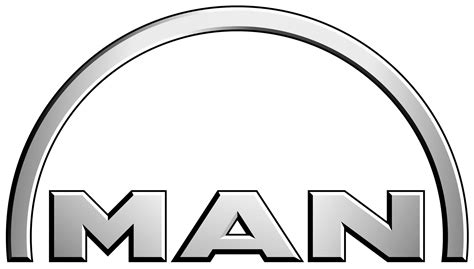The 30s Financial Tug-of-War: House vs. Retirement
The third decade of life is often a pivotal period for men, marked by career acceleration, potential family planning, and significant financial decisions. Among the most pressing is the choice between dedicating your hard-earned money to a down payment on a home or bolstering your retirement nest egg. It’s a classic financial dilemma, and there’s no one-size-fits-all answer, but by weighing various factors, you can forge a personalized strategy.

The Case for Prioritizing Retirement Savings
The power of compound interest is perhaps the strongest argument for prioritizing retirement savings, especially in your 30s. Every dollar you invest today has decades to grow, potentially multiplying many times over before you reach retirement age. Delaying contributions, even by a few years, can significantly impact your eventual nest egg due to lost compounding time.
- Compound Interest: The earlier you start, the more time your money has to grow exponentially.
- Employer Match: Many companies offer a 401(k) match, which is essentially free money. Not taking advantage of it means leaving a significant portion of your compensation on the table. Always contribute at least enough to get the full match.
- Tax Advantages: Retirement accounts like 401(k)s and IRAs offer tax benefits, such as tax-deferred growth or tax-free withdrawals in retirement, which can boost your overall returns.
- Irreversible Loss: You can always save for a house later, but you can’t get back lost years of compounding for retirement.
The Case for Prioritizing a Home Purchase
Owning a home offers a different set of compelling benefits, particularly for those seeking stability and a tangible asset. For many, a home is not just an investment but also a symbol of achievement and a foundation for family life. It provides a sense of permanence and a hedge against rising rental costs.
- Building Equity: As you pay down your mortgage, you build equity, which can be a valuable asset for future financial needs.
- Appreciation Potential: Historically, real estate tends to appreciate over the long term, adding to your net worth.
- Inflation Hedge: Owning property can act as a natural hedge against inflation, as property values and rental income tend to rise with inflation.
- Forgoing Rent: Monthly mortgage payments build your own equity, whereas rent payments go directly to a landlord with no long-term return for you.
- Stability and Personalization: A home offers a stable living environment and the freedom to customize your space.

Finding the Balance: A Hybrid Approach
For most men in their 30s, the optimal strategy isn’t an “either/or” but rather a “both/and” approach. It’s about finding a strategic balance that addresses both long-term security and immediate lifestyle goals. This usually involves a combination of consistent retirement contributions and dedicated savings for a down payment.

Practical Steps to Balance Your Goals:
- Max Out Your Employer Match: This should be non-negotiable. Contribute at least enough to capture the full 401(k) match. This is foundational for your retirement.
- Build an Emergency Fund: Before tackling either goal aggressively, ensure you have 3-6 months of living expenses saved in an easily accessible, high-yield savings account.
- Set Clear Down Payment Goals: Research housing costs in your desired area to determine a realistic down payment target. Then, establish a separate, dedicated savings account (ideally high-yield) for this specific purpose.
- Automate Savings: Set up automatic transfers to both your retirement account (beyond the employer match, if possible) and your house down payment fund each payday.
- Consider an IRA/Roth IRA: If you’ve maximized your employer match and still have bandwidth, contribute to an IRA or Roth IRA for additional tax-advantaged growth.
- Optimize Your Budget: Review your expenses to identify areas where you can cut back and redirect funds towards your saving goals.

Key Factors to Consider in Your Decision
Your personal circumstances will heavily influence which path makes more sense for you. Consider the following:
- Current Debt: High-interest debt (e.g., credit cards) should generally be prioritized and eliminated before aggressive saving for either goal.
- Relationship Status & Family Goals: If you’re single, your housing needs might differ from someone planning to marry or start a family.
- Job Stability & Income Growth: A stable career with growth potential can provide more flexibility for aggressive savings.
- Housing Market Conditions: Is it a buyer’s or seller’s market? Are interest rates favorable?
- Personal Values: Do you value homeownership and stability more, or financial independence and early retirement?

Conclusion: A Dynamic, Personal Choice
Ultimately, the decision of how to prioritize saving for a house versus retirement in your 30s is a dynamic and deeply personal one. There’s no perfect universal formula. The most effective approach is to ensure you’re taking advantage of “free money” (employer match), building an emergency safety net, and then allocating additional disposable income strategically between these two crucial financial goals. Regularly review your progress and adjust your strategy as your life circumstances and market conditions evolve. By being intentional and disciplined, you can build a strong foundation for both your present living situation and your long-term financial freedom.




